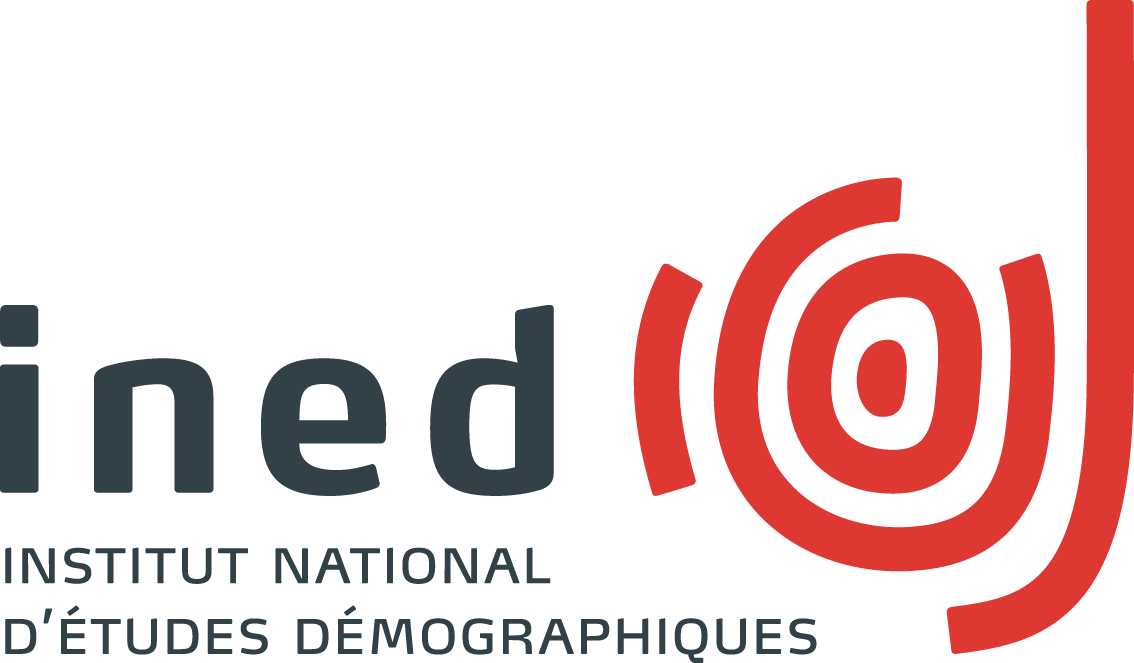“We used to treat a bit blindly: it was a syndromic diagnosis”. Physicians’ perceptions of comprehensive management of sexually transmitted infections among sex workers in Côte d'Ivoire
Résumé
BACKGROUND: The ANRS 12381 PRINCESSE project proposed a comprehensive, community-based sexual and reproductive health (SRH) care package, including the management of sexually transmitted infections (STIs), for female sex workers (FSWs) aged = 18 years in the San Pedro area. Our objective was the analysis of physicians’ perceptions of the overall management of STIs.
METHODS: The PRINCESSE health package (November 2019 - June 2023) included quarterly syndromic STI screening, vaginal and anal swabs for annual testing for chlamydia trachomatis and neisseria gonorrhoea, and appropriate free STI treatment. It was offered in both mobile and fixed clinics. At cohort closure in June/July 2023, in-depth individual interviews were conducted with the four physicians involved in the project.
RESULTS: The offer of STI screening and treatment was well received by the medical team. For the physicians, the acquisition of new knowledge about STI treatment, the opportunity to carry out laboratory tests directly on site and in a fixed clinic, and the fact that they could provide STI treatment kits directly to clients were an asset of the project and a source of motivation to work in the long term. This has also fostered a relationship of trust between the physicians and FSWs.
However, operational difficulties, including frequent delays in the supply of STI kits and the late return of medical analyses, have at times undermined this relationship of trust and made it difficult to provide timely and appropriate STI treatment and regular follow-up in a context that was already tense due to the high mobility of FSWs. Another limitation was the lack of care for the stable partner(s) of treated FSWs, as this did not allow the chain of contamination to be broken and possible re-acquisition to be avoided. Finally, the inaccessibility of certain sites due to poor road conditions during the rainy season also made STI treatment difficult.
CONCLUSIONS: STI screening and treatment were seen as an appropriate response to the SRH needs of FSWs. However, both structural and operational barriers have made implementation complex. Point-of-care tools, such as rapid STI testing, could be useful for this particularly mobile population.
| Origine | Fichiers produits par l'(les) auteur(s) |
|---|---|
| licence |


